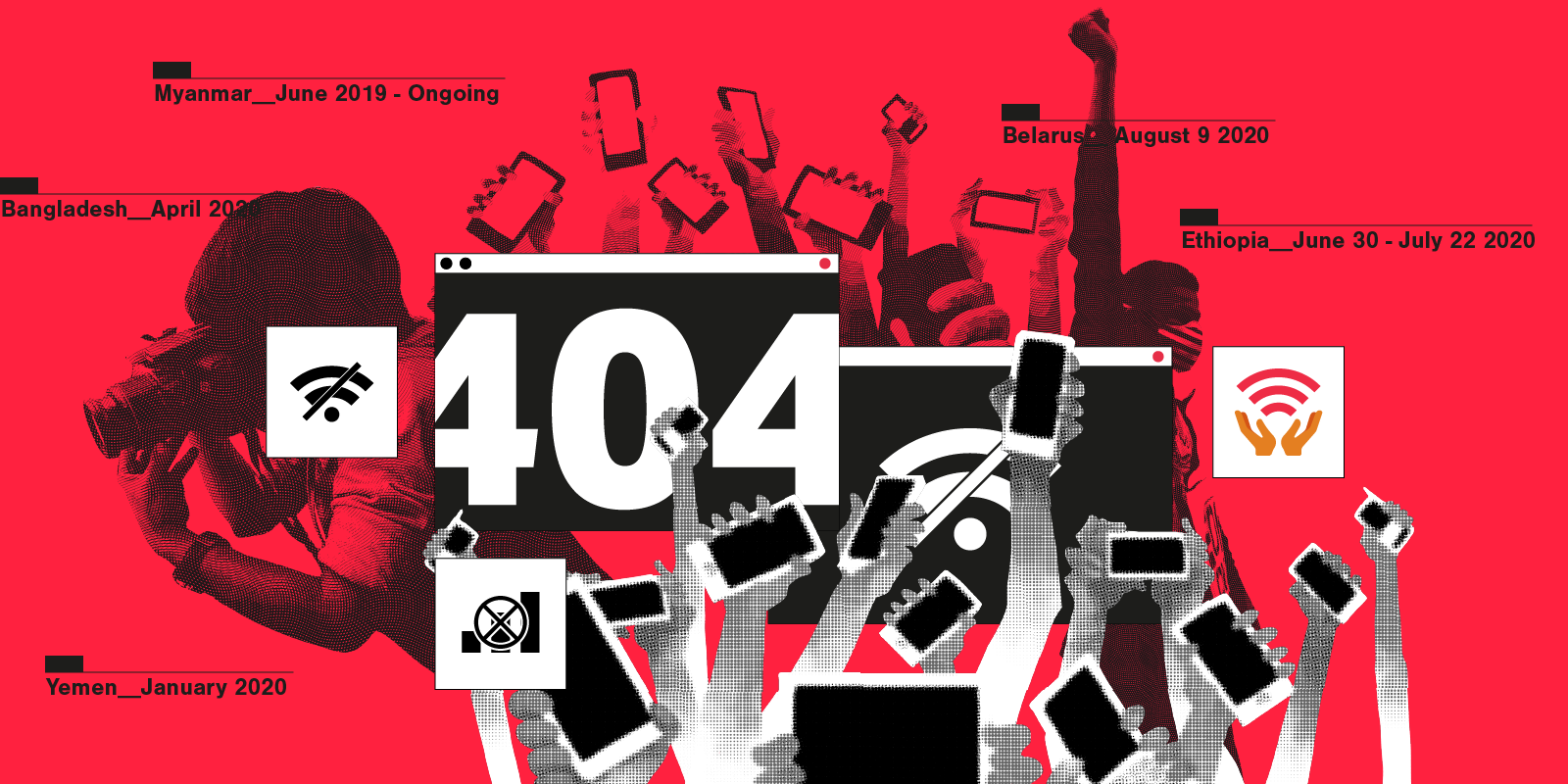Lea la versión en español.
Since October 14, numerous reports have emerged that Telegram, a popular messaging app, and circumvention tools such as virtual private networks (VPNs), have been blocked in Cuba. Access Now and the #KeepItOn coalition are calling on Empresa de Telecomunicaciones de Cuba S.A. (ETECSA) — a state-run enterprise and sole gatekeeper for internet access in Cuba — for transparency about the app’s status, and to ensure internet and digital communications channels are secure, accessible, and open at all times.
“Digital censorship is on the rise in Cuba,” said Verónica Arroyo, Policy Associate — Latin America at Access Now. “As people continue to utilise the internet and online tools to exercise their right to free expression, authorities find new methods to muzzle and control. As civil society, we cannot sit back and watch the obliteration of rights, and demand the government of Cuba be transparent and ensure open and secure internet access across the country.”
ETECSA must ensure internet shutdowns and blocking do not become the new normal for Cuba, and civil society calls for transparency, accountability and connectivity, specifically:
- Be transparent and explicit about the reasons behind the apparent blocking of Telegram Messenger services in Cuba;
- Ensure that the internet, including social media and other digital communication platforms, remains open, accessible and secure across Cuba; and
- Publicly disclose details such as when and why internet services have been disrupted, and when they will come back online, while working to fix any identified disruptions likely to impact the quality of service as soon as possible.
The blocking of Telegram adds to a chilling pattern of the Cuban authorities censoring online activities. In 2018, the government issued a decree aimed to control online spaces using cybersecurity as pretext, which has since been used to sanction and silence dissidents and journalists who oppose the Cuban government.
